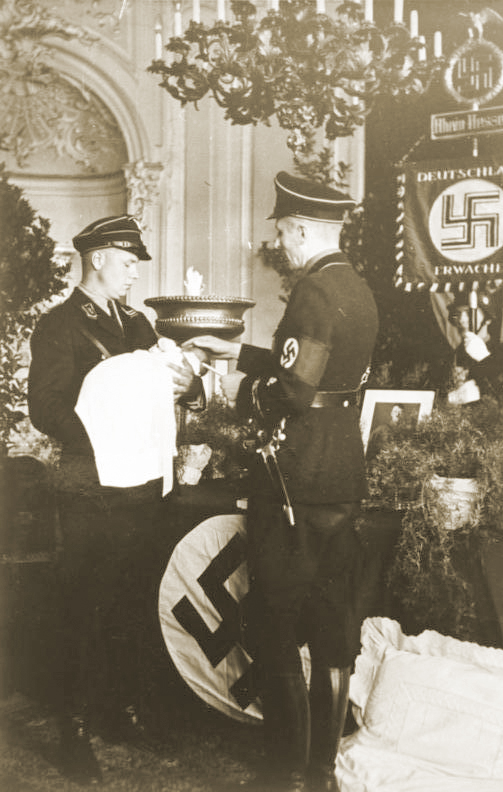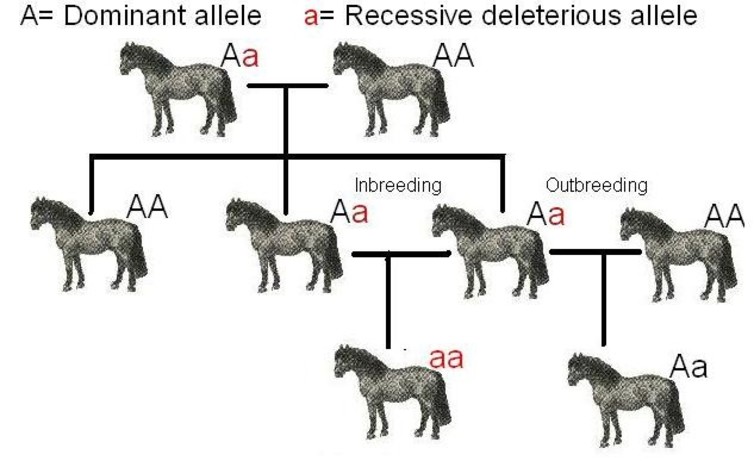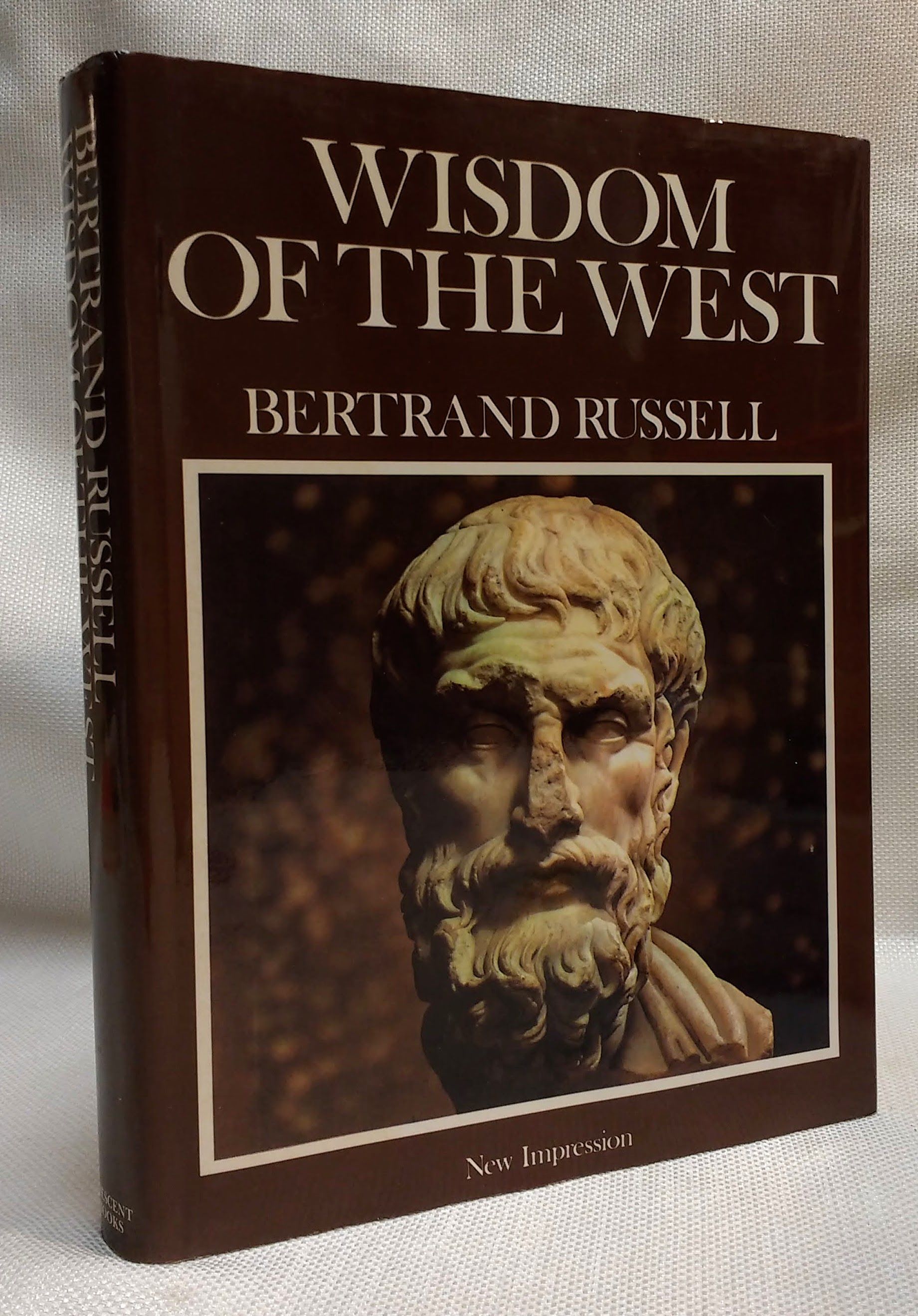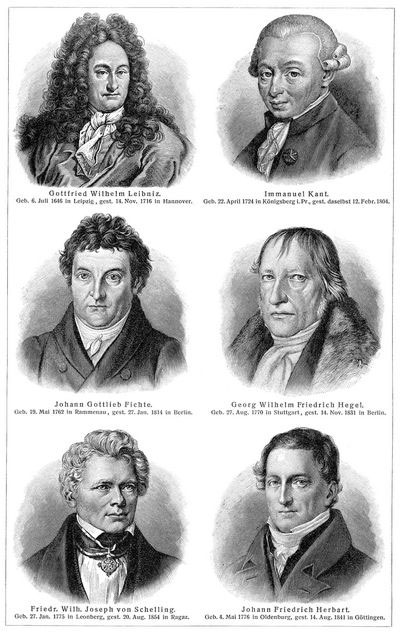 I recalled above the encouragement given by the Führer to the German birth rate. The German people, at once the most gifted in the West, the most disciplined and the toughest in war, were to be the main reservoir of the future European aristocracy.
I recalled above the encouragement given by the Führer to the German birth rate. The German people, at once the most gifted in the West, the most disciplined and the toughest in war, were to be the main reservoir of the future European aristocracy.
Hadn’t it already been the reservoir of the continent’s ancient aristocracy, the people from whom, along with the Franks, all the lords of medieval Europe had emerged (except for those of Scandinavian origin, who are also, by the way, Germanic)?
This reservoir had to remain inexhaustible. Now, ‘the exceptional being in a family is often the fifth, seventh, tenth or twelfth child’[1] and the limitation of births leads, in the more or less long term, to the downfall of the strongest peoples—just as it had, remarked the Führer,[2] brought about the end of the Ancient World by numerically weakening its patrician houses in favour of a plebeian population that unceasingly multiplied and provided more and more faithful followers to levelling Christianity. It was therefore necessary to honour the mothers of large families.
But it doesn’t follow that, like our friends of man, Adolf Hitler contemplated with satisfaction the idea of an Earth indefinitely exploited by an indefinitely increased population. Far from it! Even in Germany, the systematic encouragement of the birth rate and the protection of the healthy, good-bred child was coupled with a severe selection policy which, even before the seizure of power, the circulation of Mein Kampf had revealed to the public.[3] The law of the Third Reich, which was the very expression of this policy, provided for the sterilisation of the incurably ill, the sick, the deficient, and Germans of mixed non-Aryan blood—Jewish or otherwise—who were in danger of transmitting their physical or mental infirmities or their racial inferiority to their descendants. It formally prohibited, under penalty of forced labour, any marriage or extra-marital sexual relations between Jews and Germans or people of ‘related [artverwandt] blood’.[4]
Strict, as we can see for the people as a whole, it was even more so for the members of this elite corps—a true Nordic aristocracy, from all points of view—represented by the SS. They were required to marry. This was a duty to the race, and also an order from the SS Reichsführer, Heinrich Himmler.[5] And they were asked to have as many children as possible. But they could only choose a wife with the permission of the SS Bureau of Races (SS Rassenamt) which examined the girl’s family tree with the utmost rigour, as well as her state of health and that of her antecedents.
And if they had to give life profusely, they also had to be lavish with their own blood on every battlefield. They were entrusted with the missions that demanded the most sustained courage, the most superhuman endurance, the most total disregard for suffering and death. It is enough to compare the losses suffered by these men on all fronts, but especially on the Eastern Front, with those of other German military units and the best foreign armies, to feel how little the life of an elite individual, and a fortiori that of any individual, counted in National Socialist Germany when it came to serving the Reich.
It is true that the birth rate was encouraged, and all the more so because the physical and psychological quality of the parents was more perfect. It was true that no pure-blooded German man or woman should try to deceive nature by using contraceptives, and thus risk depriving the race of an exceptional subject. ‘Do we know what we lose as a result of limiting births? The man who was killed before his birth is the riddle’.[6]
But, on the other hand, war, that the Führer foresaw, even ‘after victory’, would remain almost permanent on the edges of the conquered territories, as it had been on the shifting borders of the Roman Empire: war, ‘the natural state of man’[7] as he put it, took charge and would continue to take charge of limiting the number of adults, so much so that an SS family could only foresee the probability of survival… if it had at least ‘four sons’.[8]
In other words, to the dream of perpetual peace in a stunted world, where Man would have made Nature the servant of his pleasures and health, Adolf Hitler opposed the dream of permanent struggle, of ‘perpetual revolution’, both the joy and the duty of the Strong, standing alone amid universal decay. To the comfortable law of the least effort, he opposed the old Law of the Jungle: the ideal of life both overflowing and precarious; of life in danger. To the formula that a ragged, emptied, pretentious and lousy youth was soon to diffuse in the nightmarish world that followed the collapse of the Reich (‘Make love! Don’t make war!’) he supported the law of the old English aristocratic law: ‘To breed, to bleed, to lead’—procreate, shed blood, be the leaders.
__________
[1] Libres propos sur la Guerre et la Paix, page 74.
[2] Ibid., page 254.
[3] Mein Kamp, especially pages 279-280 of later editions (1935, 1936, etc.).
[4] Nuremberg Laws of September 1935.
[5] Order No. 65 of 31 December 1931.
[6] Words spoken by Adolf Hitler in a table talk on 19-20 August 1941.( Libres propos sur la Guerre et la Paix, page 29).
[7] Rauschning, Hitler told me (op. cit.), page 22.
[8] Libres propos, page 74.







